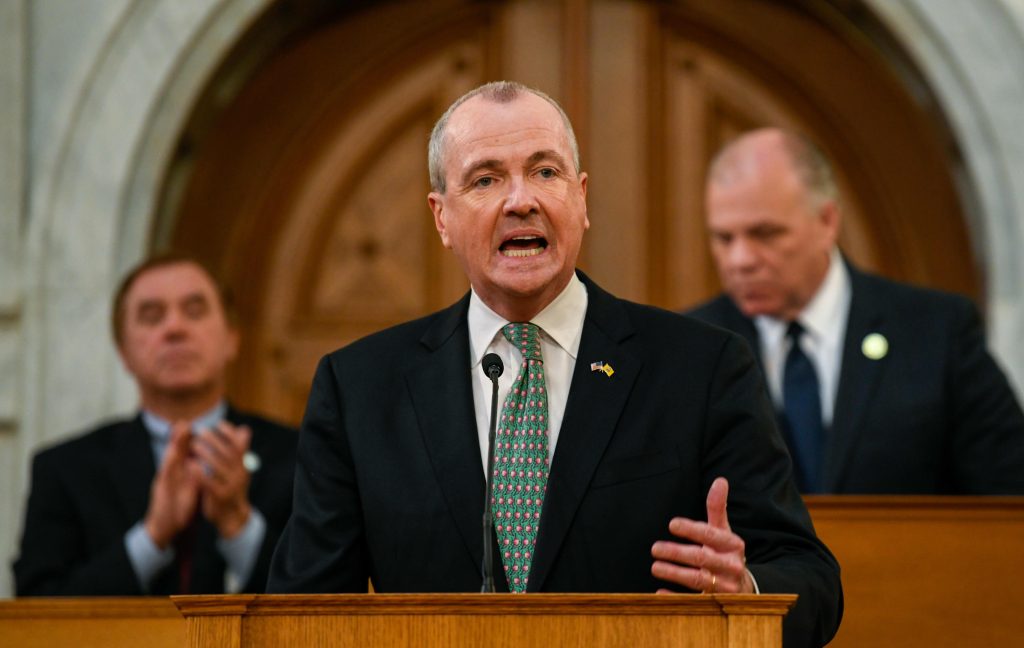Corporate Transit Fee: Addressing Transit Woes

Challenges and Controversies
According to Politico, a budget proposal totaling $55.9 billion was unveiled by New Jersey Governor Phil Murphy, which prioritizes addressing the state’s beleaguered mass transit system. The introduction of the Corporate Transit Fee is the foundation of this plan, which is aimed at producing revenue from the state’s most prominent businesses. Companies earning more than $10 million annually will be subject to a 2.5 percent fee. While this move represents a departure from Murphy’s earlier pledge not to raise taxes, the administration argues that changing economic circumstances necessitates a balanced approach to ensure affordability while tackling critical infrastructure needs. Expected challenges for the proposed budget include opposition from business community members and potential pushback from lawmakers who have different priorities. Furthermore, the introduction of the Corporate Transit Fee has the potential to spark heated discussions in the political arena, which could have an impact on the Senate primary campaign of Murphy’s wife, Tammy Murphy. However, if the transit tax is ultimately integrated into the final budget, it would provide vital funding for New Jersey Transit marking a significant accomplishment for Murphy as he nears the end of his term in office.
READ ALSO: Americans Can Get $1,100 in Free Money, Here’s How!
Diversified Revenue Measures and Budget Allocations
Beyond the Corporate Transit Fee, Murphy’s budget proposal encompasses various revenue-raising measures, including the reversal of tax breaks for electric vehicles and the introduction of new taxes on trucks visiting warehouses. Additionally, funds are allocated for initiatives such as StayNJ, aimed at reducing property taxes for seniors, and fully funding the school aid formula. While the budget has faced criticism from Republican quarters, Murphy defends it as a responsible strategy to address the state’s fiscal challenges while upholding its core values and commitments to essential services and infrastructure improvements.




